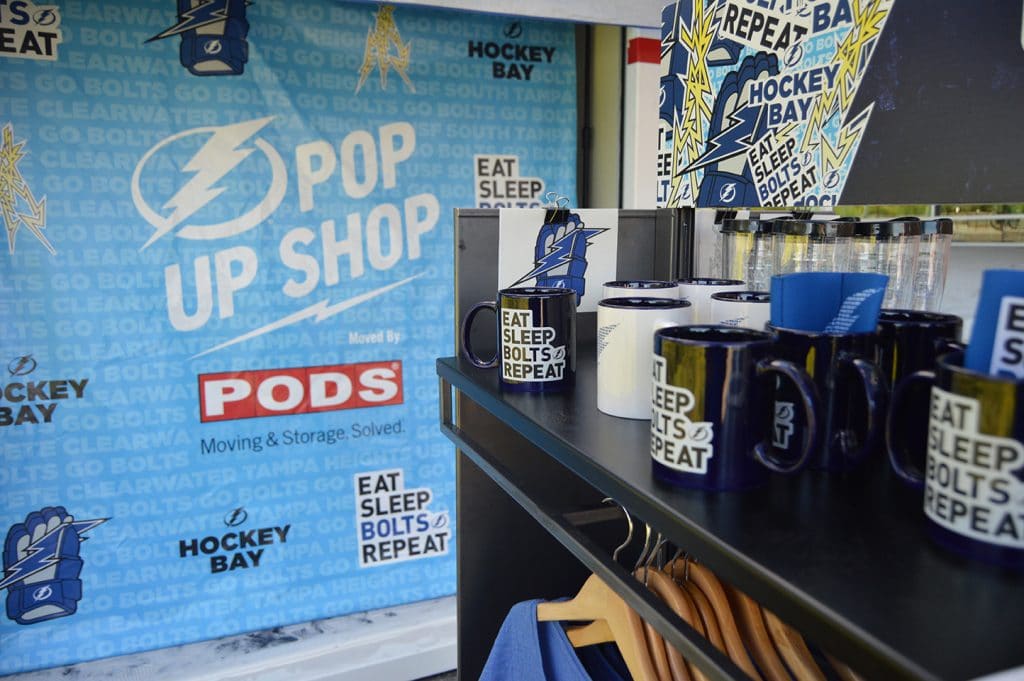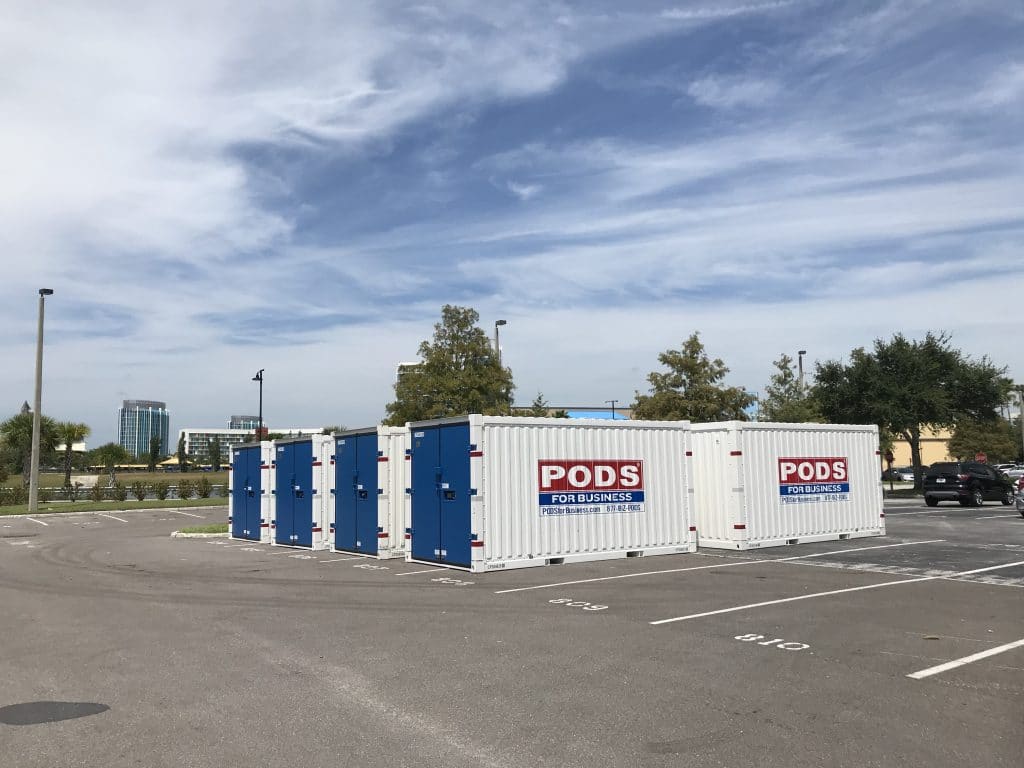
How To Excel At Retail Merchandising Each Shopping Season
With each new shopping season comes different products and displays for retailers to update. Retailers are always challenged with identifying the appropriate seasonal retail products for their consumer demographic.
Another common struggle is ordering the right amount of inventory, as retailers want to have enough during peak consumer demand but not enough that leaves a ton of excess inventory post-season. And to make things even more complex, we’re seeing more shopping seasons popping up throughout the year.
The Wall Street Journal recently estimated there are now up to 20 shopping seasons stores should pay attention to during the year.
Read on to learn how to plan, manage, and succeed at retail merchandising throughout the year’s many shopping seasons.
Develop a Data-Driven Seasonal Retail Calendar
Get the most out of each shopping season by identifying the seasons that apply to your customer base.
Universal shopping seasons, like the winter holidays, account for 20 percent of all retail sales annually and should get an automatic slot on the calendar. However, be sure to make room for the niche shopping seasons within your particular shopper demographic. Identifying niche seasons will allow you to tap into unexpected revenue opportunities.

Don’t be afraid to zoom out in order to think outside of the box. For example, in January retailers like Target and Walmart capitalize on their customers’ newly-made New Year’s resolutions and stock shelves with exercise equipment, tools, and other items shoppers may reach for in order to reach their new year goals.
Use your calendar to help you plan for what you’ll need, ranging from inventory and equipment to temporary staff and promotional materials.
Host a Brand Activation, Event, or Pop-Up
Create a larger footprint in the marketplace by strategically planning a pop-up shop or immersive experiential brand activations around top shopping seasons. Integrate the experience into online channels such as e-commerce point of sales and social media. This will allow existing and new customers to make a connection.

For example, during a peak shopping season, you may want to set up pop-up pickup points for online sales to alleviate in-store traffic while ensuring quick order fulfillment.
Such pop-up spaces can also give customers a fun background for social media photo opportunities. This way, even if a customer ordered online, their in-person interaction with the brand is still personal and memorable.
Sharpen Your Inventory Management Skills
Need help figuring out how much inventory you’ll need? Identify sales peaks and consumer trends specific to your business, and use data from previous years to predict inventory needs during peak seasonal shopping periods.
Today, inventory management means keeping in-store shelves stocked with enough merchandise also available to supply online sales via in-person pickups, deliveries, or off-site online fulfillment centers — while keeping excess inventory numbers down.

Temporary storage options like storage containers are ideal for last-minute or long-term extra storage needs. Retailers can easily store past-season merchandise, decorations, or store displays and fixtures to make room for current seasonal inventory.
When you use PODS containers to store excess inventory, we make it easy to transport the container between store locations — nationwide — giving you the flexibility to adjust inventory levels across your various stores.
| Want to create more space at your facility? PODS storage containers can remain on-site as long as needed for easy access to seasonal merchandise that will help improve operational efficiency (see this case study on how we help The Container Store with seasonal storage). |
Centralize Seasonal Merchandise Into Key Areas
To really make an impact with retail merchandising during the rotating shopping seasons, evaluate your retail space layout. For key shopping seasons like Christmas or Superbowl, consider creating a dedicated area within the store where shoppers can find the bulk of your seasonal merchandise instead of spreading it throughout the store in multiple sections.

Creating dedicated spaces will create a specialty vibe while also not over inundating any shoppers who aren’t actively seeking seasonal merchandise.
| PRO TIP: Retailers use PODS containers to temporarily store or swap out merchandise to make more room on the floor for these seasonal areas. |
Stay Flexible for Evolving Customer Demands
Savvy retailers know that leveraging shopping seasons will increase revenue in both brick-and-mortar and online storefronts. But to do that, retailers must be flexible enough to adjust to inventory needs as a season progresses — today’s market demands agility with the accuracy and speed of fulfillment.
Review current inventory compared to planned sales and actual sales to inform additional purchases within a season rather than only buying based on what was predicted to sell. Keep an eye on product and consumer trends and adjust accordingly.

As an industry leader in retail inventory management, PODS can support retail merchandising efforts to proactively respond to evolving consumer demands.
PODS containers can help you capitalize on seasonal revenue opportunities effectively and efficiently. Better yet, our highly-trained specialists will assist with the logistical elements involved in inventory management — helping your operations run smoother.
Need extra storage to better manage retail merchandising? Learn more about our retail moving and storage solutions.
[maxbutton id="2"]
Originally published Jul 1, 2018 5:57 PM, updated Oct 28 2021
RELATED ARTICLE: Fulfillment Centers for Online Shopping Are Entering a New Era — Here’s What It Looks Like
Comments
Leave a Comment
Your email address will not be published. Required fields are marked *